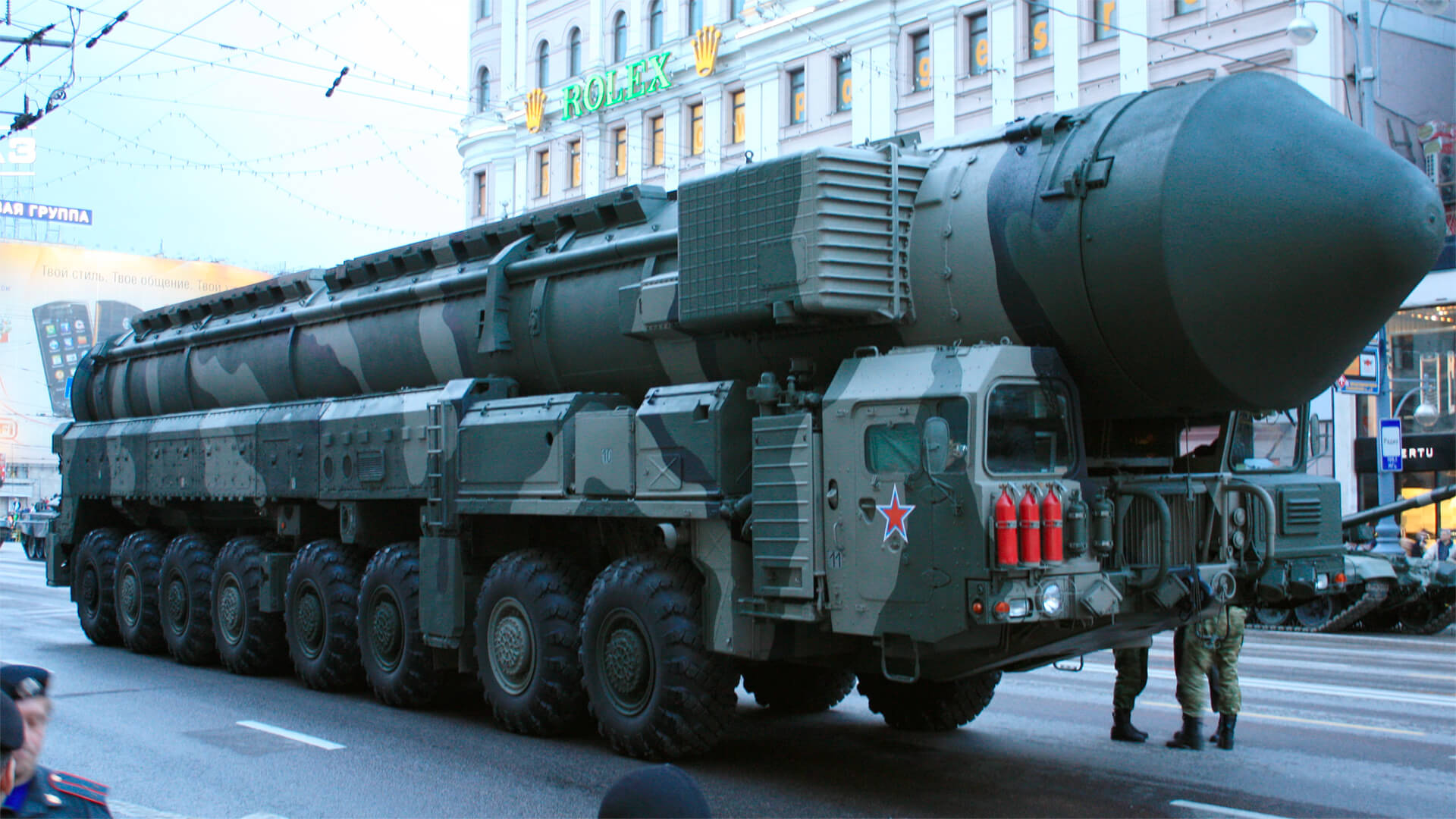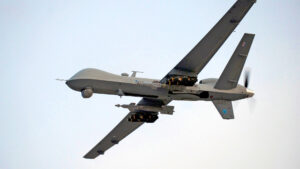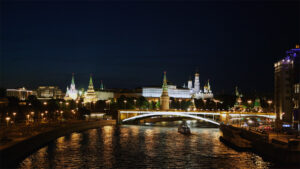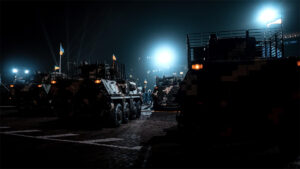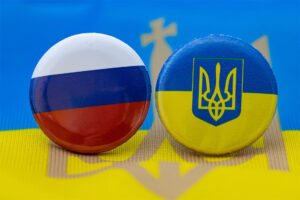Today’s video comes to you from the shores of Lake Hawea with the famed Dingle Burn arm behind me.
Anytime Russia and nukes are mentioned in the same sentence…the world pays attention. But does moving your nukes to a new place inherently change your military posture?
In the case of Belarus, the answer is no. Russia already has nukes in Kaliningrad (further west than Belarus), so this isn’t “expanding” Putin’s military reach. Additionally, the Belarusian infrastructure sucks, so these nukes will likely sit around and collect dust (unless they’re sold on the open market, but that’s an entirely different conversation).
So what does moving Russian nukes to Belarus accomplish? Putin gets to bang on his chest a little, rally up the domestic nationalism machine, and ensure the internal political situation is still propping him up. As for international security issues, this doesn’t move the needle…at least for now.
Prefer to read the transcript of the video? Click here
Here at Zeihan On Geopolitics we select a single charity to sponsor. We have two criteria:
First, we look across the world and use our skill sets to identify where the needs are most acute. Second, we look for an institution with preexisting networks for both materials gathering and aid distribution. That way we know every cent of our donation is not simply going directly to where help is needed most, but our donations serve as a force multiplier for a system already in existence. Then we give what we can.
Today, our chosen charity is a group called Medshare, which provides emergency medical services to communities in need, with a very heavy emphasis on locations facing acute crises. Medshare operates right in the thick of it. Until future notice, every cent we earn from every book we sell in every format through every retailer is going to Medshare’s Ukraine fund.
And then there’s you.
Our newsletters and videologues are not only free, they will always be free. We also will never share your contact information with anyone. All we ask is that if you find one of our releases in any way useful, that you make a donation to Medshare. Over one third of Ukraine’s pre-war population has either been forced from their homes, kidnapped and shipped to Russia, or is trying to survive in occupied lands. This is our way to help who we can. Please, join us.
CLICK HERE TO SUPPORT MEDSHARE’S UKRAINE FUND
CLICK HERE TO SUPPORT MEDSHARE’S EFFORTS GLOBALLY
TRANSCIPT
Everybody. Peter Zeihan here coming to you from the shores of Lake Hawea with the famed Dingle Burn arm behind me. This is my favorite lake in New Zealand for the obvious reasons. And today we’re talking about Russia and nukes. So for those of you who have, you know, not been under a rock, the Russians have been threatening nuclear, this and that and everything since the Ukraine war started. But if you look back and look at the statements, you’ll know that sometime in mid-March of last year, Putin stopped making threats. And it was only in the last couple of weeks that the Russians have said they’re moving nukes up to a permanent station in Belarus, which is the first expansion of the Russian military footprint in terms of nuclear arms since the end of the Cold War. A lot of people are worried about that. But I think it’s best to look back before we look forward.
So if you remember back to February and early March, Putin was making nuclear threats against anyone who was willing to support the Ukrainians in any way. And then he just stopped. And the way it was explained to me the last time I was in Washington, went something like this this – the ambassador was dispatched to talk to Putin and to lay out a little bit of logic. And the idea was that if you look back to February and March, especially in January, when the Russians would have a super secret meeting with the National Security Council, the locked room, and then within hours, the transcript of those conversations would be published in Western media. The way the ambassador explained it to Putin was that the Americans have been listening to everything every phone call, every conversation, reading, every email, and in doing so, had a full picture of everything that Putin was personally considering and within his inner circle. And the idea was that, you know, a minor detail of this sort of espionage was that the United States knew at any given time physically where Putin was. So if he thought he could fling a nuke into the Western Hemisphere in the first couple, wouldn’t just come back and come right down his throat. He was kind of out of his mind. So he stopped making the threats and he left it to his henchmen to do it. This new development is kind of in the same vein.
Putting nukes in a place doesn’t in of itself change your military posture. And we know from some of the nuclear threats that the Russians made back in last March and April and May is that they didn’t actually change their readiness. They were just shouting. This is kind of like that. Because if you put a nuke in another country, you need a hardened facility, you need a command and control system, you need a night system that is absolutely hack proof. And putting that in Belarus, Belarus barely has electricity on a good day. It’s a horrible place for a nuclear race. So if the Russians did transfer nukes there, they basically would be sitting in crates surrounded by soldiers unable to be launched. So at this point and this specific issue, the nuclear threat coming out of Russia has not actually increased. The potential risk we have here is proliferation, because we know that the Russians don’t have the best security and we know that the military has become really corrupt, especially when it comes to hardware and funding. So taking secure nuclear materials and transferring them to a country that’s a kleptocracy like Belarus actually raises the chance that these things might get sold on the open market. It’s not that that’s a non risk, but it’s a very, very different risk from the idea of the Russians actually physically expanding their nuclear deployment footprint. But in terms of operational readiness, there’s really no change because the Russians already have a nuclear footprint in their little enclave of Kaliningrad on the Baltic Sea, which is west of Belarus.
So nothing has really changed here. The Russians are just looking for a little way to beat their chests and kind of feed the domestic nationalism machine that is keeping the government in power. This is about internal Russian politics, not international security issues, at least for now. Alright. That’s it for me. Talk to you guys later.

